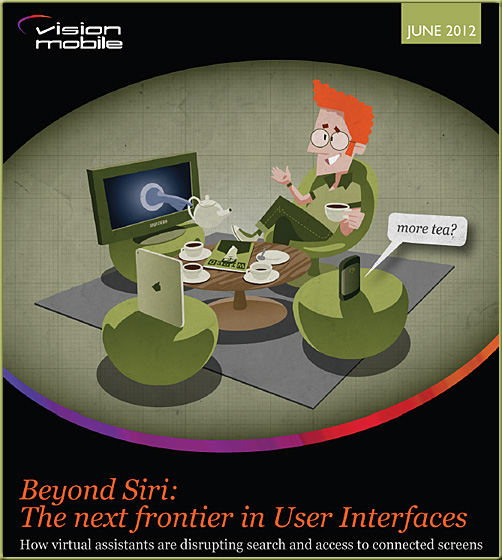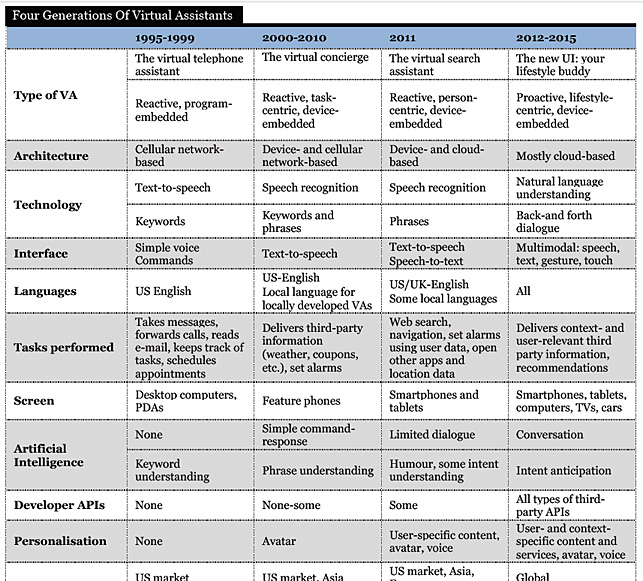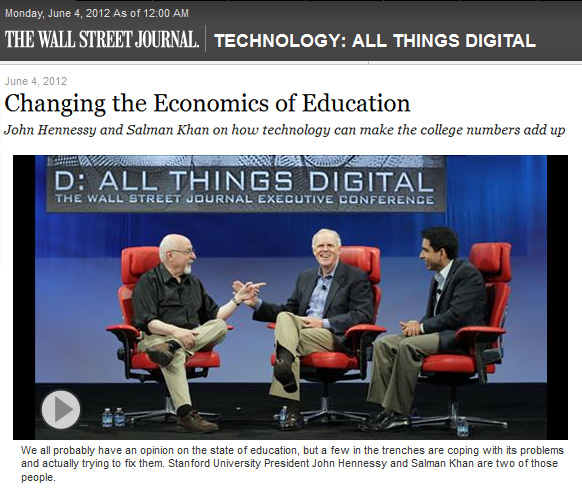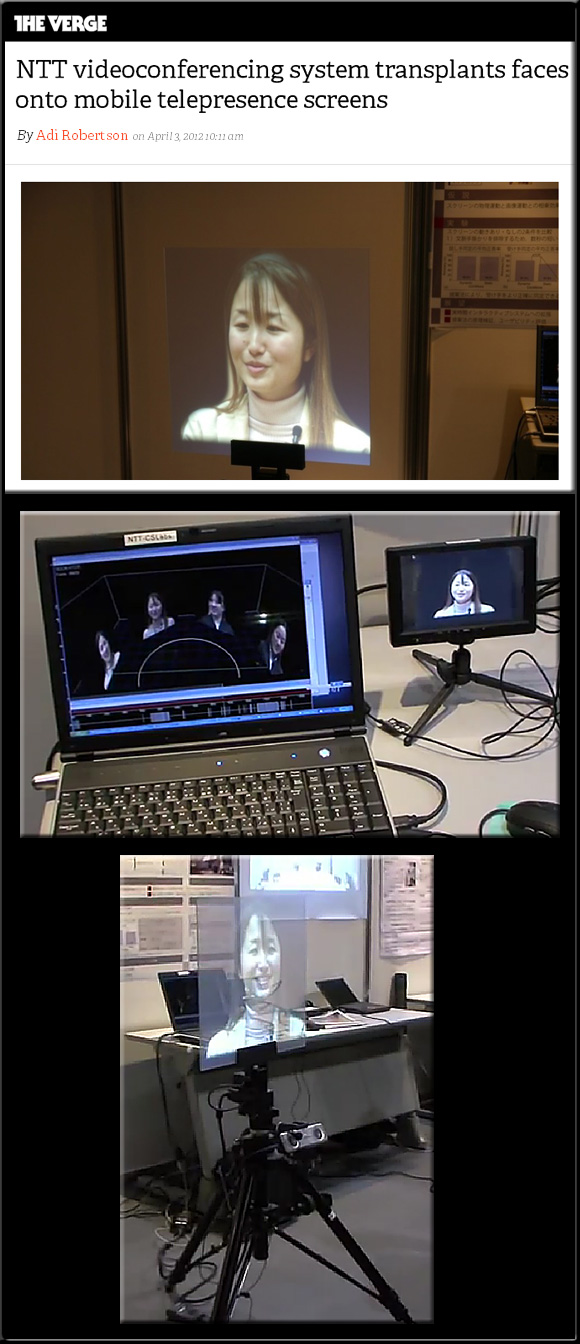Yes, University of Phoenix is disruptive; no, that doesn’t make it the end-all — from Disrupting Class by Michael Horn
Excerpt:
A disruptive innovation is one that transforms a sector by introducing a product or service that is more convenient, simple to use, and/or affordable than the existing products or services in a market. Disruptions tend to start as not as good as the existing products or services as judged by their historical measures of performance, and then, over time, they are able to march up market such that they are able to handle more complicated tasks. Many people flock to the disruptive innovation over time as it becomes good enough, as the customers are delighted by something that carries this new value proposition around convenience, simplicity, and/or affordability. As a result of these dynamics, disruptive innovations first serve nonconsumers (people who previously could not participate in the market) or people who have been overshot by the incumbents in the market. A critical thing to keep in mind is that this process does not occur over night; sometimes it occurs over several decades. And not every incumbent or traditional institution will be wiped away. Some will continue to perform important jobs for which a, relatively speaking, small set of customers are willing to pay.
Lastly, for something to be a disruptive innovation, it has to have two components: a technology enabler and a business model that together allow it to extend a low-cost value proposition up market.




















